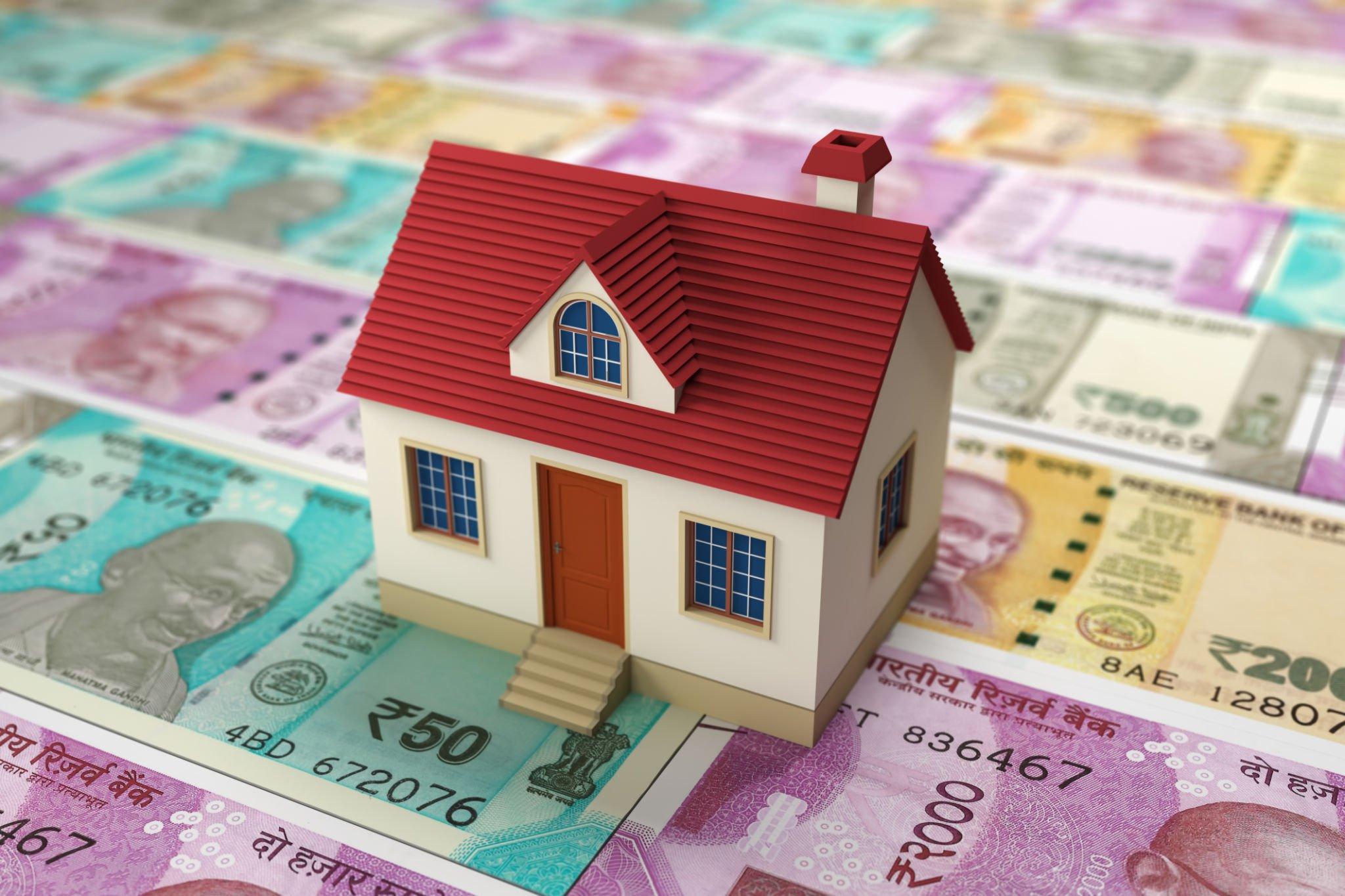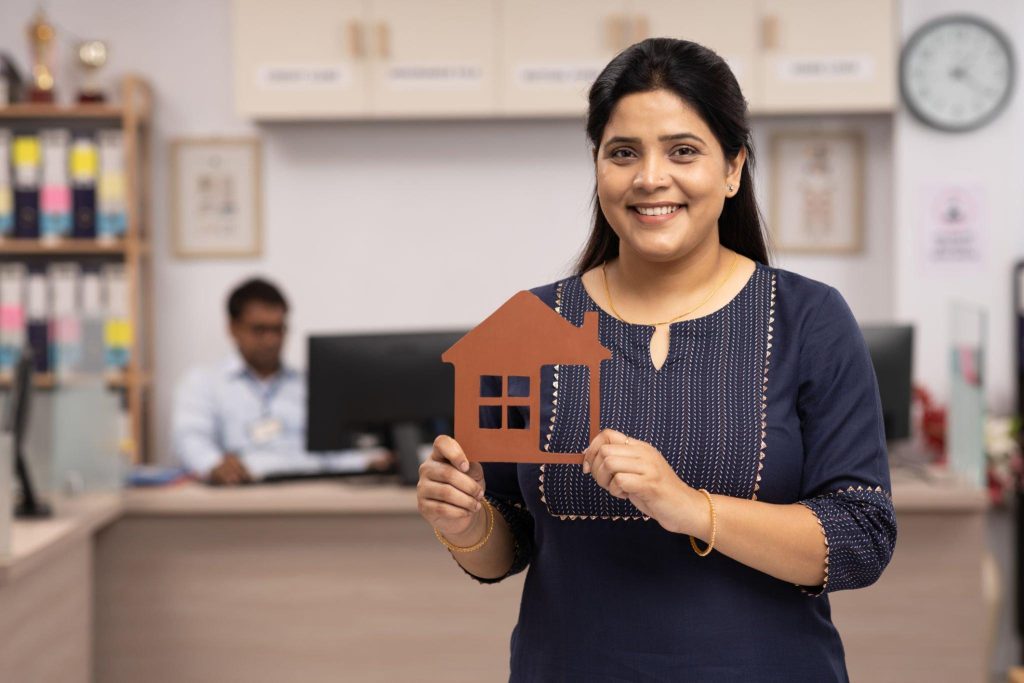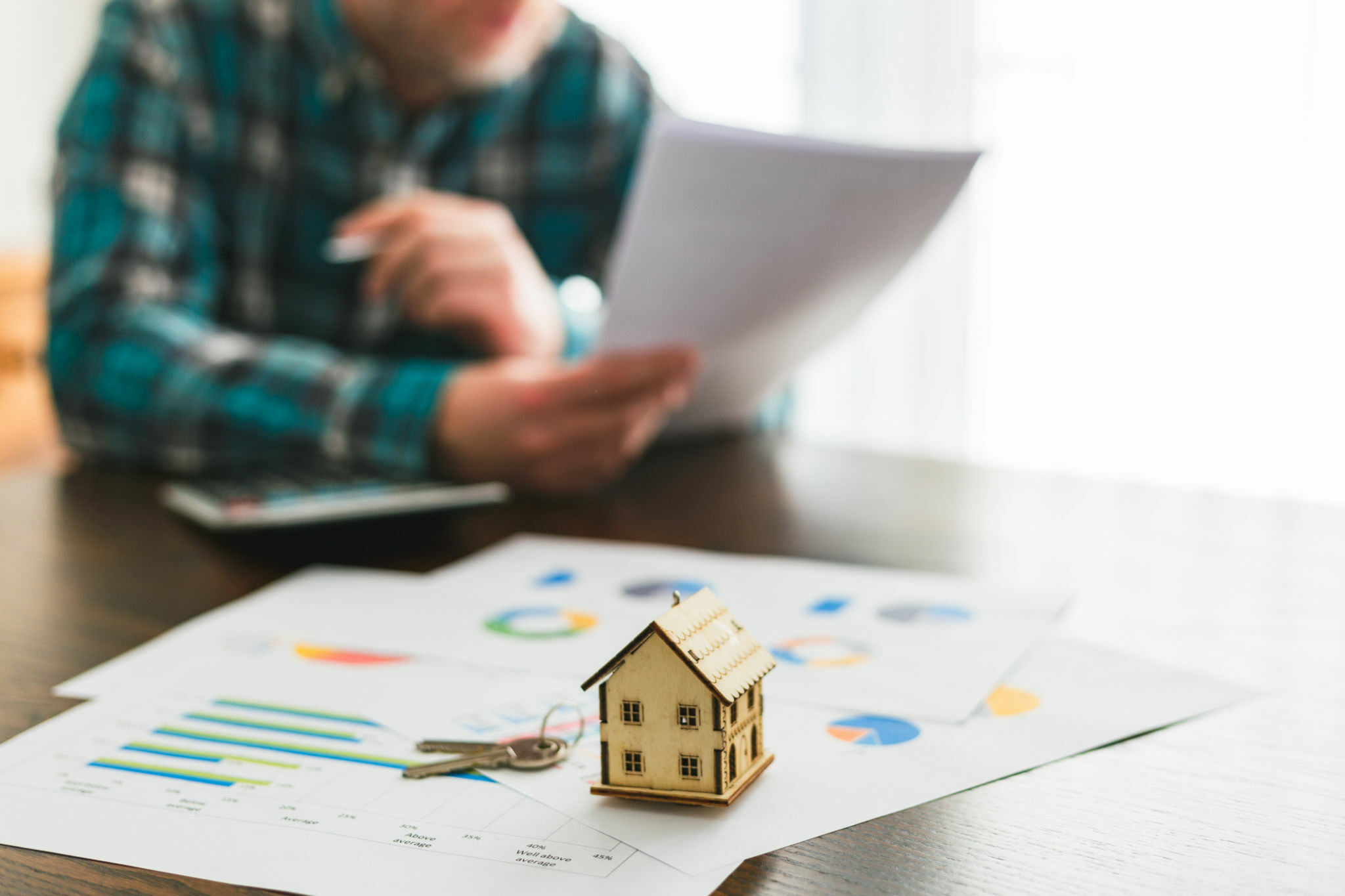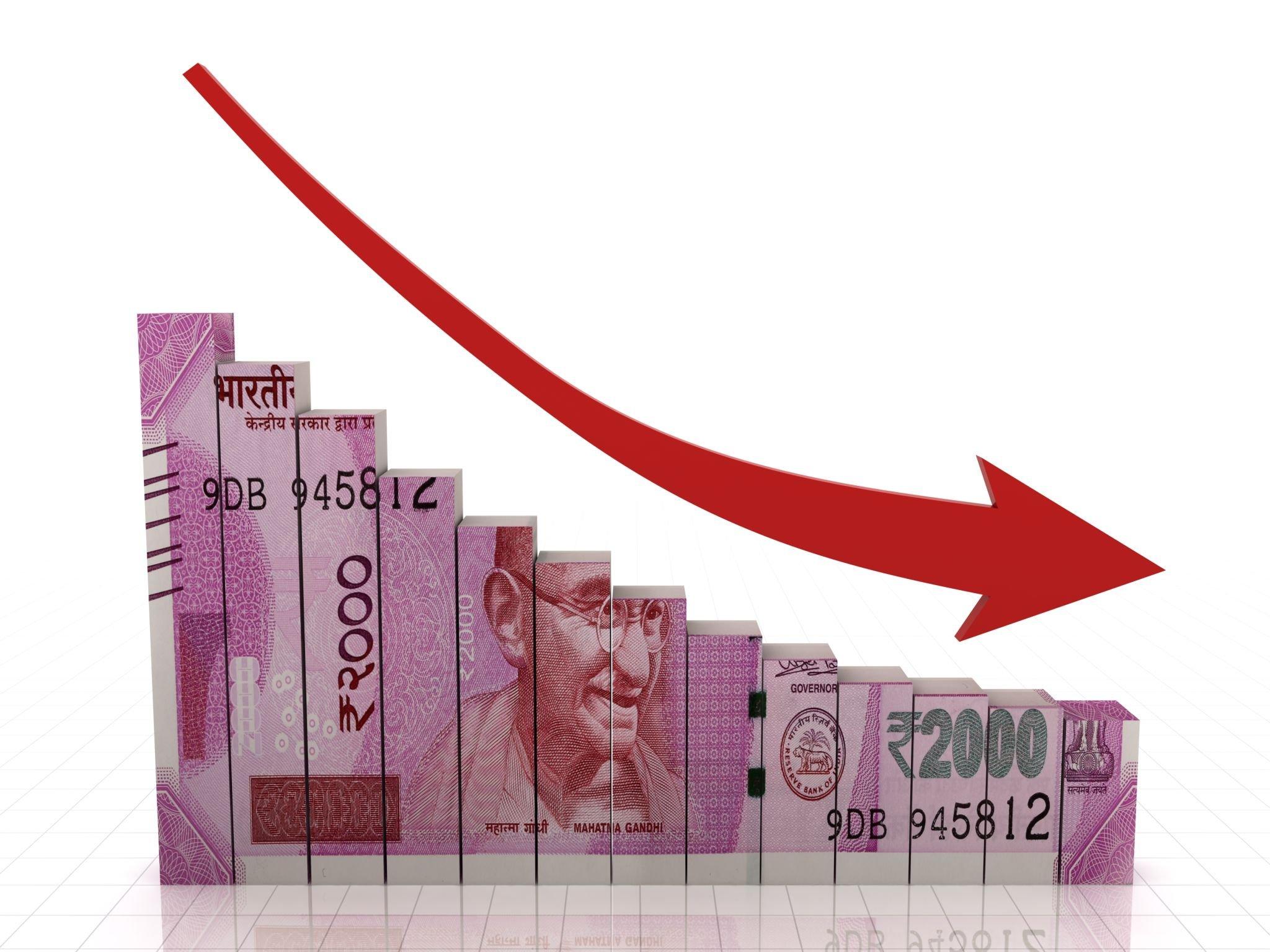
Reverse mortgages have become a popular financial option for senior citizens in India. These financial tools allow homeowners to convert a portion of their home equity into cash, providing a source of income during their retirement years. However, like any financial product, reverse mortgages come with their own set of advantages and disadvantages. In this comprehensive guide, we’ll delve into the pros and cons of reverse mortgages, shedding light on the intricacies of this financial solution.
Pros of Reverse Mortgages
1. Supplemental Retirement Income
One of the primary advantages of reverse mortgages is that they offer an additional source of income during retirement. For senior citizens who have limited savings or pension funds, a reverse mortgage can provide a steady stream of cash, improving their financial security and quality of life.
2. No Repayment Required
Unlike traditional home loans, reverse mortgages do not require monthly repayments. The loan is typically repaid when the homeowner moves out of the house or passes away. This unique feature makes it an attractive option for those who want to maintain financial liquidity without the burden of loan installments.
3. Homeownership Retained
With a reverse mortgage, homeowners retain ownership of their property. They can continue to live in the house and enjoy its appreciation in value. This not only provides financial stability but also peace of mind in knowing that the family home remains in their possession.
4. Versatile Payout Options
Borrowers can choose how they receive the funds from a reverse mortgage. They can opt for a lump sum, regular payments, or a line of credit, depending on their financial needs and preferences. This flexibility allows seniors to tailor the mortgage to their specific requirements.
5. Tax-Free Income
The income received from a reverse mortgage is typically tax-free. This can have significant financial benefits, as it allows seniors to maximize their income without worrying about tax obligations.

Cons of Reverse Mortgages
1. Accruing Interest
One major drawback of reverse mortgages is that interest accrues on the loan over time. The longer the mortgage remains outstanding, the more interest accumulates. This can erode the equity in the home and reduce the inheritance that can be passed on to heirs.
2. High Closing Costs
Reverse mortgages often come with substantial upfront costs, including origination fees, mortgage insurance, and closing costs. These fees can eat into the initial loan amount, leaving borrowers with less cash than expected.
3. Impact on Heirs
When the homeowner passes away, the reverse mortgage must be repaid. This can affect the inheritance left for heirs. While the heirs have the option to repay the loan and keep the house, they might face financial challenges in doing so.
4. Limited Eligibility
Not everyone is eligible for a reverse mortgage. Typically, borrowers must be at least 60 years old and own their home outright or have a low mortgage balance. This limits the accessibility of this financial option for some senior citizens.
5. Fluctuating Home Values
The value of the house can fluctuate over time, affecting the amount of equity available in a reverse mortgage. A significant drop in property value can leave borrowers with less equity than anticipated.
In conclusion, reverse mortgages can be a valuable financial tool for seniors in India, offering a way to supplement retirement income without the need for monthly repayments. However, they also come with drawbacks, such as accruing interest and high closing costs. It’s essential for seniors and their families to carefully consider the pros and cons and assess their financial goals before opting for a reverse mortgage.






